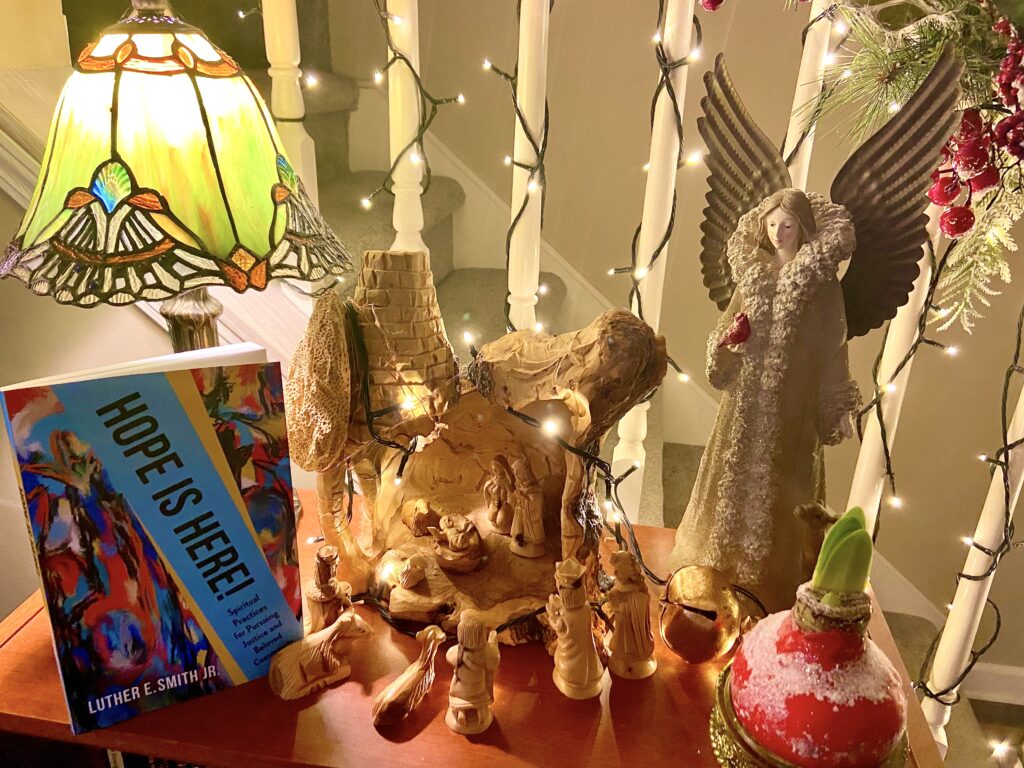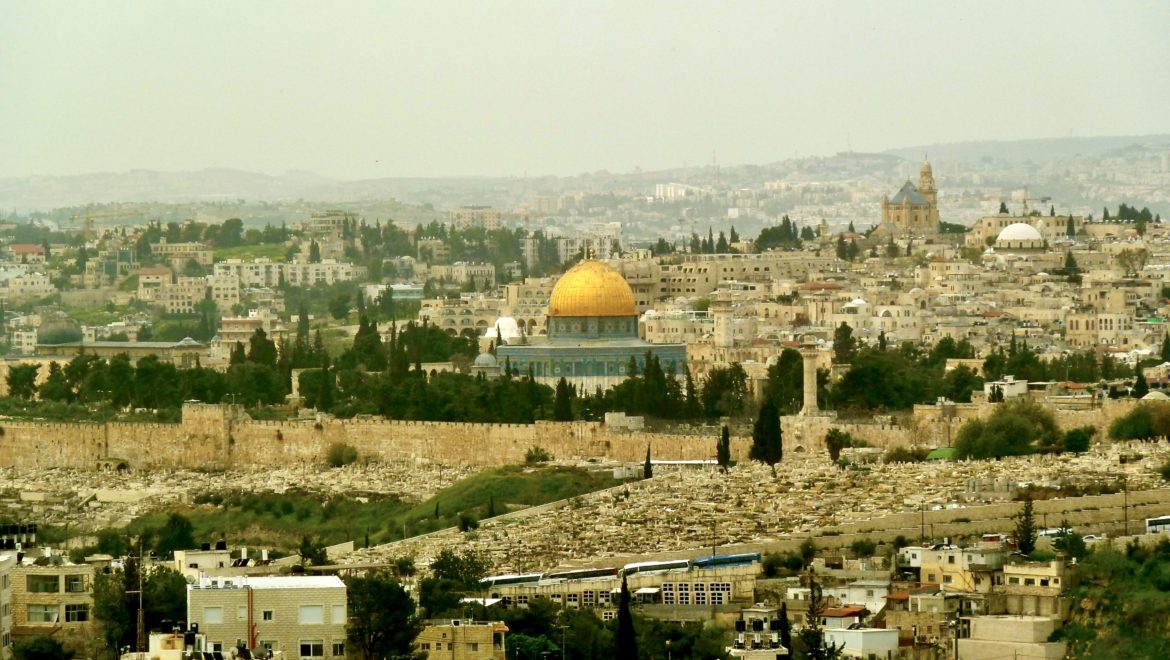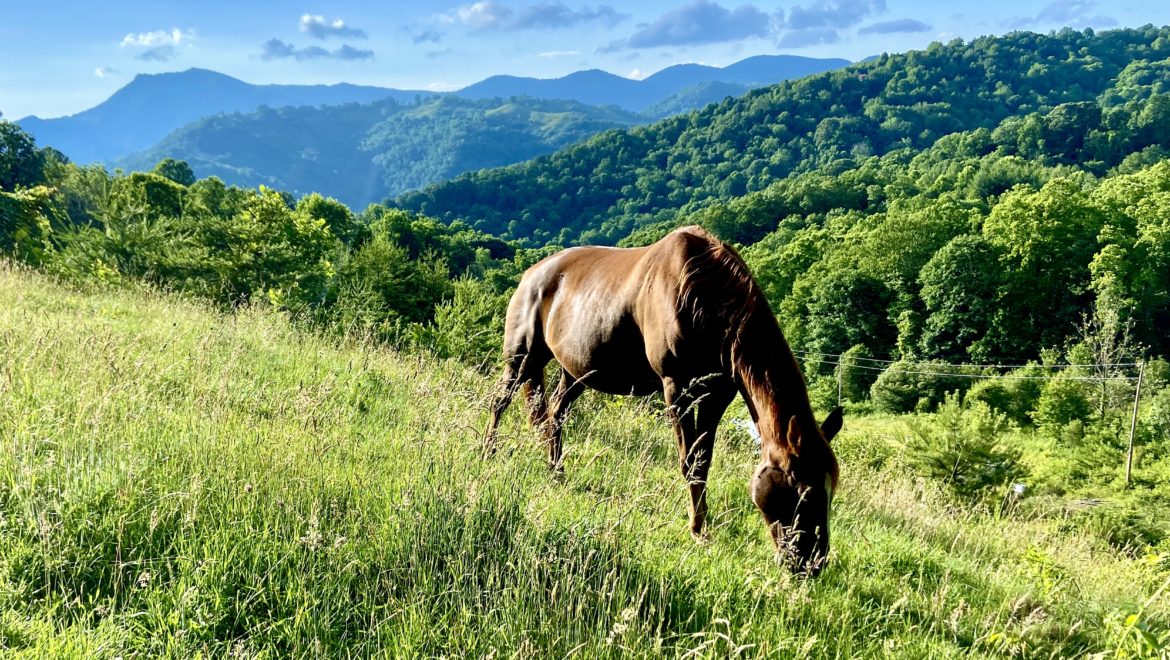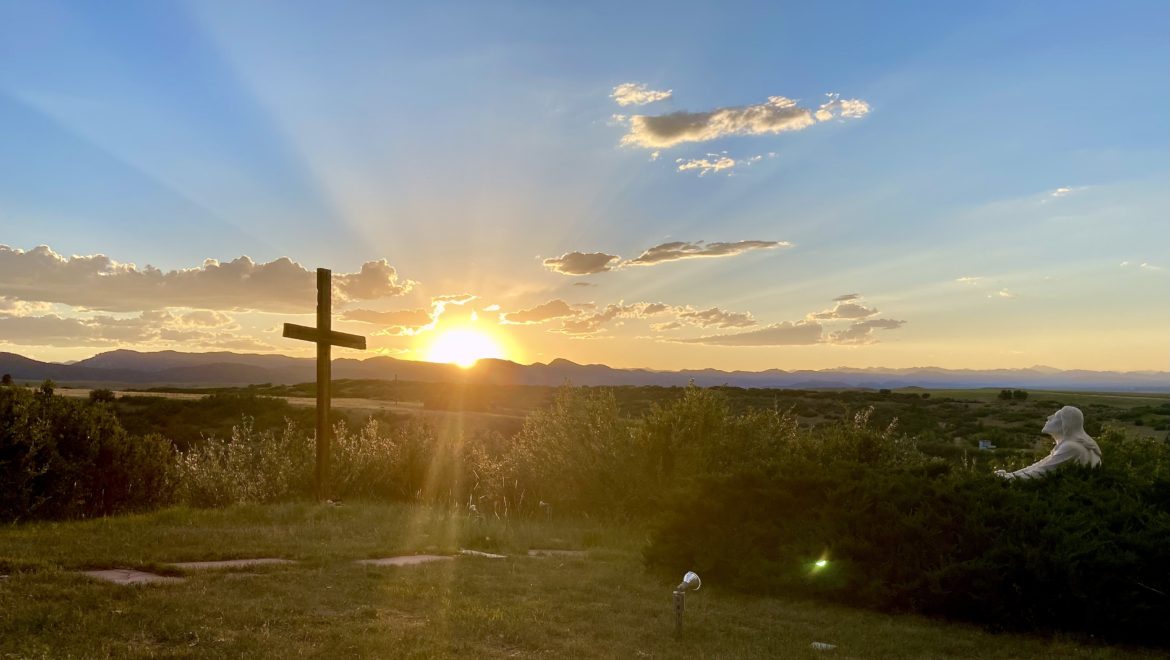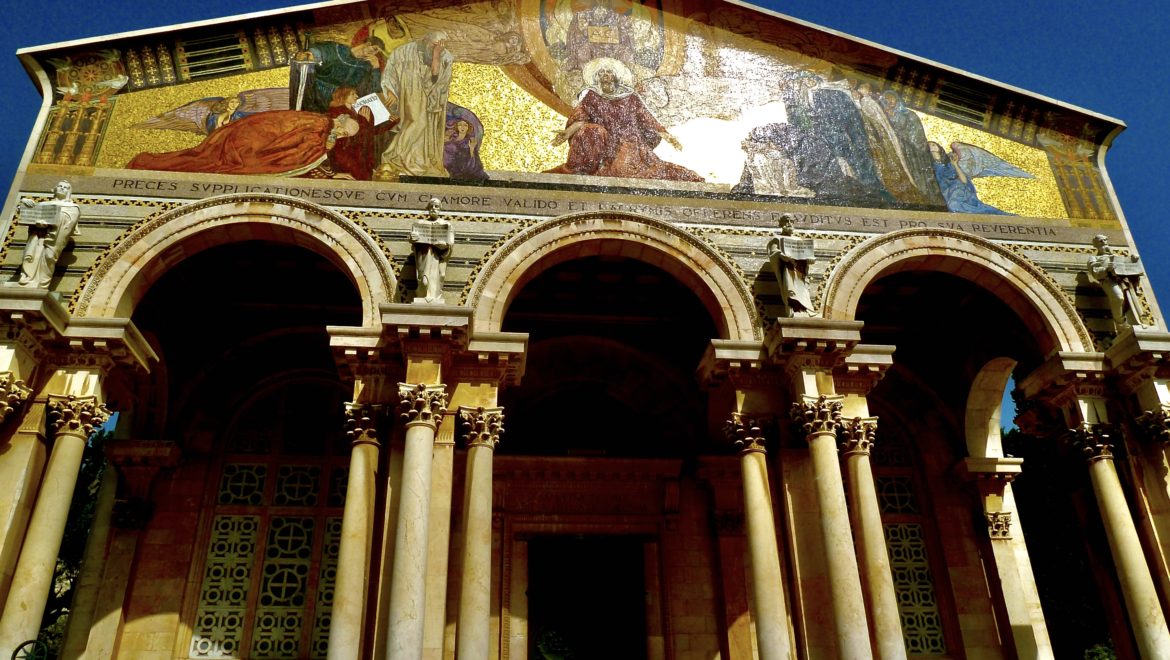Since October 28, 2022, when my flight landed at Washington Reagan National Airport in DC, I have experienced several bizarre firsts. It was the first time I would live without at least one of my children in the house since I started having them. I miss them all terribly and wonder why we ever let them grow up and move away. The first time I rented out a room in a house, which was quite an adjustment because I own a whole house in Georgia.
It was the first time I had been without a car to get to and from work. I had the bright idea that I would take the bus/train service like so many others in the area. Experience new things in a new city. And I did. For a month. Then I realized, after witnessing far more “firsts” than I have time to relay here, that public transportation life was not for me. So, I bought a car—not my first.
There was the first time I heard that there was a shooter outside my job. Someone trying desperately to outrun the shooter had flown around the corner and crashed his vehicle into two of the cars belonging to our employees. As our staff looked out to see what caused the commotion, they saw a man out front shooting toward the out-of-control vehicle. Either the man’s angel was in full effect that day or the offender was using blanks because no one was actually hit by a bullet. Thankfully. I wasn’t there that morning. I was picking up my new car. I felt God had blessed me with favor by sparing me that terrifying experience.
Nope.
Less than two weeks later was the first time I heard gunshots outside of my job… well, outside of television actually. Because I had no frame of reference for the sound, I stood up to look out the window, expecting to see items falling from a truck. Maybe. And because I guess I was due for a twofer, it was also the first time I saw people shooting real guns. In broad daylight. Right outside the window of my job.
I started looking for a new job that very night. The fact that I had been there less than six weeks meant absolutely nothing to me. I was afraid for my life (first time). I became anxious about going to and leaving work (first time). Each time I got to DC from where I lived in Virginia, the fear rose. I was hyper-vigilant and extremely tense. Constantly on guard for the next bad thing to happen. However, I didn’t have any peace about taking a different job. I felt I was supposed to be there on one hand, and like I needed to be Speedy Gonzales out of there on the other. Deep below the surface of my frightening circumstances, there was a gentle, constant reassuring of the Holy Spirit that I was where I should be.
Then one of our clients died onsite. And it was the first time I touched a dead body outside of a family member at a funeral. I checked for a pulse preparing to do CPR and felt a stiff, hardened dead person instead. Now God and I had to have a talk.
Of all the things that ran through my head while waiting for the police to arrive, next the detective, finally the coroner, then checking on and processing with my staff to make sure they were ok enough given the situation, my top thought was “I still have a house in Georgia.” And a very close second, “I’m going home.”
All I wanted to do was dive under the covers for the night. However, a wise friend suggested I workout first to relieve the stress of the day. As I took the first few steps on my walk that evening, the magnitude and pressure of the day lifted, my body relaxed, and I cried for the first time that day. And prayed: What is this nightmare of a place you’ve called me to, Lord? Maybe I heard wrong. I’m hoping I heard wrong. God, I need to know with complete clarity what your will is for me here.
And with no hesitation, I clearly heard, “You are there to be the light.”
WHAT?!?! That was definitely not the answer I was looking for. I’m not sure what I expected to hear, if anything, but it was nowhere remotely close to that! I suddenly felt a deeper connection to Jesus in the garden of Gethsemane. The night before he was crucified, our Lord asked God to deliver him from the horrific beating and suffocating death he was about to face. Jesus basically prayed, “I still have a house in heaven.” And “I want to go home.”
Then in the ultimate display of unfathomable love for us, he said, “Nevertheless, I will do your will, not my own.” (Luke 22:42)
While I am as far from that level of sacrifice as the ocean floor is from the moon, farther actually, I accepted my assignment and from that walk to this day have felt an indescribable peace about staying at this job for however long God determines. The constant anxiety around the windows at work is gone. The stress related to walking to and from my car has dissipated. I have relaxed and started focusing on the mission. I pray more. Listen more. And look for opportunities to glow.
Obedience to God can be very hard. It can be scary, the opposite of logical, exhausting, taxing, lonely, and nerve-wracking. And I am learning, amid all, to trust His plan. I have lived through enough challenges to know that as I remain faithful the Lord provides, does the impossible, brings glory to himself, and actualizes His purpose in my life and those I’m supposed to impact in the world.
Still, in all honesty, I am hoping to get this season completed as soon as possible. Until then, I am humbled and honored to be called light by THE light of the world.





